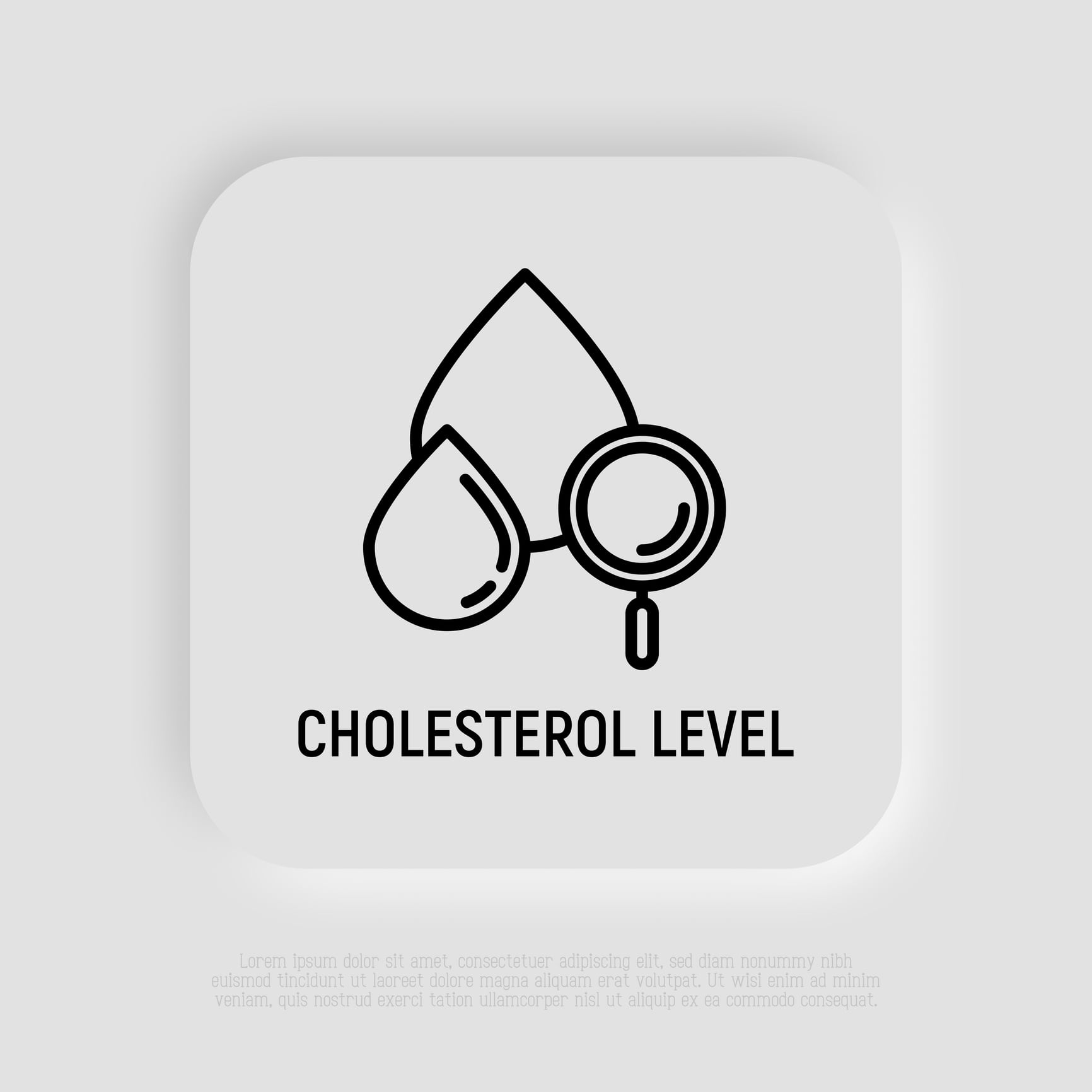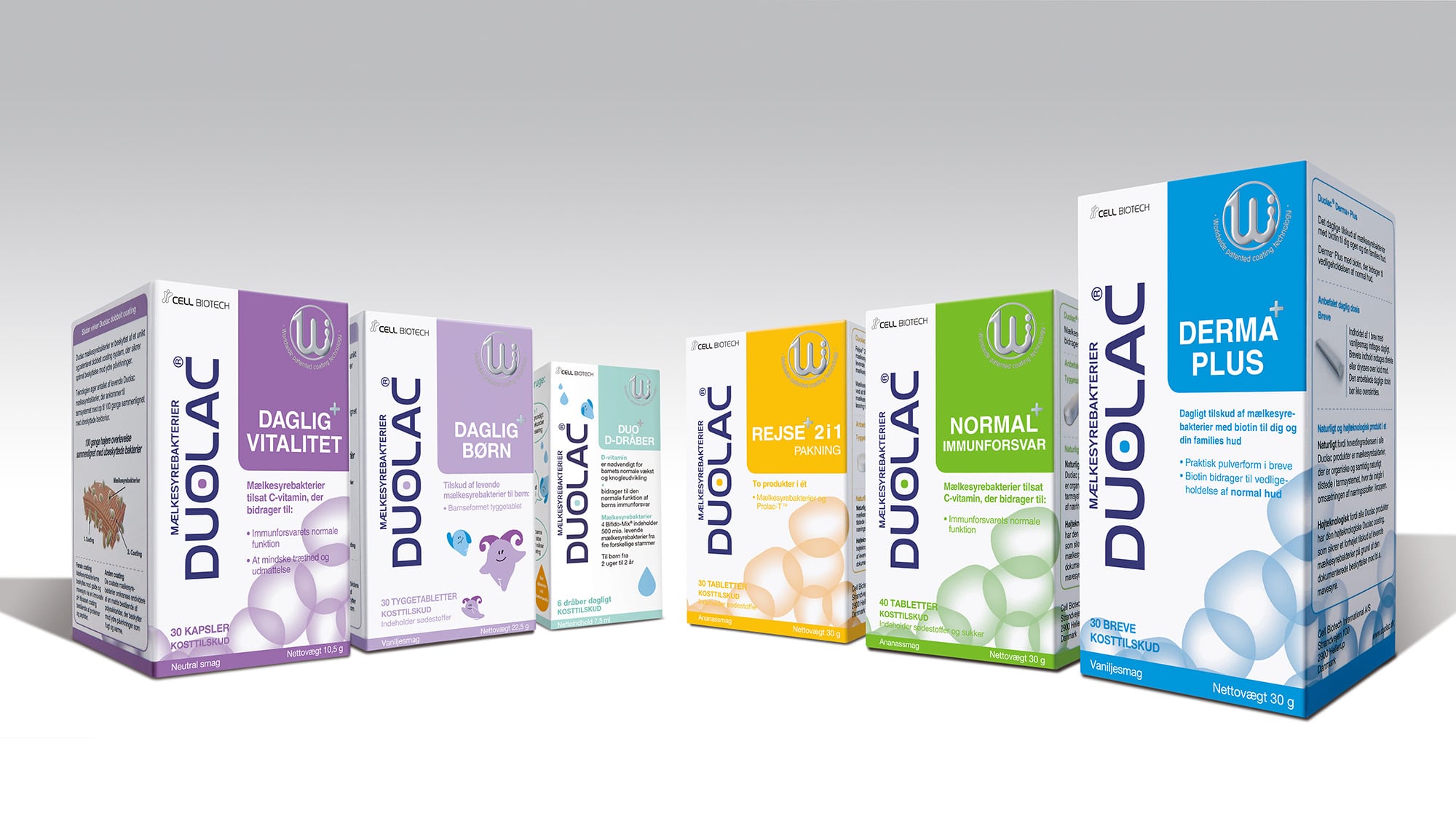Specifically, the amount of “good” cholesterol — HDL cholesterol — has significantly increased post-probiotics intervention.
Gastrointestinal functions, such as loss of appetite, also improved post-intervention.
Between groups comparisons also found that uric acid levels were significantly lower in the probiotic as compared to the placebo group at the end of the trial.
The trial was conducted by a team of researchers from China’s Nanjing Agricultural University, Hubei University of Medicine, and Shanghai Business School’s Department of Food Science.
Findings of the trial were published in the journal Clinical Nutrition.
A total of 102 healthy adults aged 19 to 45 took part in the eight-week trial, where they were randomized to receive either a supplement containing 100bn CFU of Bifidobacterium breve BBr60 or a placebo containing maltodextrin.
Prior studies have demonstrated that BBr60 can modulate key gut microbes and their metabolites, thereby influencing lipid metabolism, intestinal barrier function, and systemic inflammatory tone.
The probiotics were provided by Wecare Probiotics Co. Ltd (Suzhou, China). The study was funded by a couple of Chinese research grants, including Jiangsu Specially-Appointed Professors Program and the Fundamental Research Funds for the Central Universities of China.
To evaluate the impact of probiotics supplementation on metabolic and gut functions, the participants’ liver function, metabolic markers, cardiovascular and body composition metrics were assessed during the study.
For instance, their cholesterol, lipids, uric acid levels were measured and gut microbiota analyzed using 16S rRNA sequencing.
The participants also answered questionnaires such as Nepean Dyspepsia Index (NDI) and Gastrointestinal Symptom Scale (GIS).
Findings showed significant differences between the probiotic and placebo groups in two metabolic markers - namely uric acid (UA) and triglycerides (TG) at the end of the trial.
For instance, uric acid levels for the probiotic group was down to 373.44 ± 59.09 𝜇 mol/L while that of the placebo group was 408.02 ± 82.70 𝜇 mol/L - which was a statistically significant difference between the two groups.
Triglycerides levels in the placebo group was 0.87 ± 0.26 mmol/L and that of probiotic group was 0.85 ± 0.30 mmol/L at the end of the trial — with between group difference reaching statistical significance as well.
However, within the probiotic group itself, significant difference was instead seen in cholesterol levels and HDL cholesterol levels before and after the trial.
Cholesterol levels in the probiotic group went down from 4.33 ± 0.66 mmol/L to 4.18 ± 0.61 mmol/L by the end of the trial.
The levels of HDL cholesterol, also known as the “good” cholesterol, increased significantly from 1.29 ± 0.19 mmol/L at baseline to 1.36 ± 0.17 mmol/L by the end of the trial.
The researchers said the results suggested “the potential of BBr60 to improve lipid profiles and potentially promote cardiovascular health by modulating cholesterol and HDL levels.”
“These results align with prior studies reporting the lipid-lowering potential of probiotics and suggest that BBr60 may modulate cholesterol metabolism, potentially through regulatory actions on host lipid transport pathways,” they added.
While changes in other parameters, such as glucose, LDL cholesterol, triglycerides, and uric acid did not reach statistical significance pre- and post-probiotic intervention, the researchers said that trends have suggested that BBr60 use was associated with positive changes in these metabolic parameters.
“Even among participants considered clinically healthy, we identified improvements in parameters that are predictive of future health outcomes, particularly lipid profile changes, which could translate into reduced risk of metabolic syndrome or other chronic conditions if sustained,” said the researchers.
Uric acid reduction in men
A sub-analysis also found a significant reduction in uric acid levels in men but not in women, although there were no significant differences in uric acid levels between the two sexes at baseline.
Excess uric acid in the blood, also known as hyperuricemia, is known to be more prevalent in men due to differences in hormonal regulation and renal urate excretion.
While the underlying mechanism remains to be fully elucidated, the researchers said BBr60 could have reduced uric acid levels by influencing purine metabolism through gut microbiota modulation.
This is especially since certain microbial taxa are known to participate in uric acid metabolism or enhance urate degradation.
“The urate-lowering effect of BBr60 suggests a potential role in the primary prevention of hyperuricemia-related conditions...
“This finding adds to the growing evidence that probiotics can beneficially regulate metabolic biomarkers beyond traditional lipid markers, and underscores the importance of sex-specific analyses in uncovering microbiota–host interactions,“ said the researchers.
Gut and quality of life improvements
Other notable findings were the improvements in gut health and quality of life post-probiotic intervention.
This was observed via the GIS scores, which decreased significantly as compared to the baseline in the probiotic group, while scores in the placebo group remained unchanged.
In the probiotic group, significant improvement could be seen in specific gastrointestinal dysfunctions such as the loss of appetite.
The GIS questionnaire is used to ascertain dyspeptic or ingestion symptoms in patients with functional dyspepsia in clinical practice.
The total score of the questionnaire is 40, with a higher score indicating a more serious manifestation of the symptoms.
Similarly, the probiotic group also reported a significantly decrease in NDI scores, which was not seen in the placebo group.
The NDI, or Nepean Dyspepsia Index, measures the quality of life for functional dyspepsia or chronic indigestion.
Specifically, the NDI survey reported that the probiotic group saw significant quality of life improvements in areas such as irritability and tension and difficulty concentrating.
The improvements were accompanied by changes in the gut microbiota, which showed an increase in microbial richness and compositional shifts favoring beneficial taxa such as Faecalibacterium.
“Functional predictions from PICRUSt analysis indicated a downregulation of pathways associated with antimicrobial resistance, pathogenic infection, and excessive metabolic activity, further suggesting a beneficial modulation of the gut environment.
“Collectively, these findings point to the potential of BBr60 to enhance gastrointestinal function and microbial resilience, even in the absence of overt dysbiosis,” said the researchers.
They concluded that the value of the probiotic was in its “preventive and homeostasis-stabilizing role.”
“By supporting eubiosis in healthy hosts, BBr60 may help preserve metabolic equilibrium, psychological well-being, and immune vigilance before any clinical disease takes hold.
“In practical terms, this means that BBr60 could be used as a dietary supplement to enhance wellness, for example, helping individuals manage daily stress better, keep their cholesterol levels within optimal ranges, and maintain a balanced immune response.”
Potential mechanism of action
Based on preclinical trial findings, BBr60 was found to have enriched pathways include ABC transporters, arginine and proline metabolism, and tryptophan metabolism.
ABC transporters, for instance, are known to regulate cellular lipid efflux and cholesterol homeostasis.
“Our untargeted metabolomic and functional microbiota analyses indicated that BBr60 intervention significantly affected ABC transporter activity and pathways related to lipid metabolism.
“This providing a plausible mechanistic link between microbial modulation and host lipid outcomes,” said the researchers.
Source: Clinical Nutrition
The impact of Bifidobacterium breve BBr60 (BBr60) on metabolic and gastrointestinal health in healthy adults: A combined in vitro metabolomic and randomized, double-blind, placebo-controlled study
DOI:10.1016/j.clnu.2025.07.004
Authors: Dong et al





